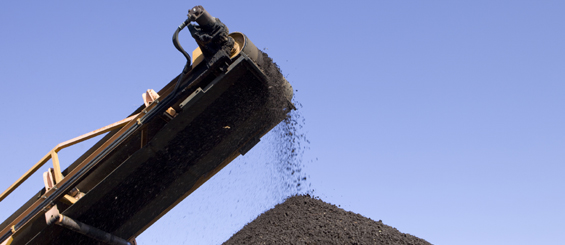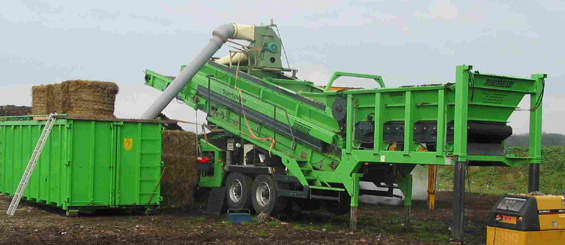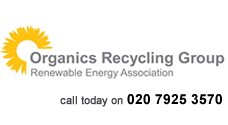Adverts
PAS 100 and compost quality specifications
Summary of quality specifications relevant to composted biodegradable materials and biowastes
Legislation on waste management licensing, licence-exemptions and composting of animal by-products includes aspects relevant to the quality of composted biowastes. Building on legislation, several UK industry and market-specific specifications exist. Compliance with them is voluntary and helps to establish and build customer confidence in compost products.
PAS 100
The British Standards Institution's 'Publicly Available Specification for Composted Materials' (PAS 100) sets a minimum compost quality baseline, upon which composters should build as appropriate to the product types and markets targeted. This PAS is a fast-track version of a British Standard and copies are available upon request from the Waste and Resources Action Programme's helpline 0808 1002040.
It requires the producer to establish a quality policy and management system to ensure compost that is fit for purpose. Hazard Analysis and Critical Control Point planning must be carried out and inputs are restricted to source-segregated biodegradable materials. Materials composted and the resulting composts must be traceable. PAS 100 also requires that customers are provided with information about where the compost was made and guidance on storing, handling and using the compost.
Guidelines for the Specification of Quality Composts in Growing Media
To encourage the use of quality composts in growing medium manufacture, WRAP published in June 2011 Guidelines for the Specification of Quality Composts in Growing Media. The guidelines build upon the existing parameters of PAS 100 certified quality composts, recommended more stringent limits for some key compost characteristics, such as compost stability, and recommend that some additional tests of interest to growing media manufacturers and growers are carried out, e.g. pH and Electrical Conductivity.
This document supercedes the Growing Media Association and WRAP's Guidelines for the Specification of Composted Green Materials used as a Growing Medium Component, which were published in 2004. Click here to download the PDF version of this guidance.
Compost Specifications for the Landscape Industry
To help users of quality composts specify materials, the Landscape Institute, BALI, NBS, WRAP and the Association for Organics Recycling (the Composting Association at the time of publication) have produced Compost Specifications for the Landscape Industry. The document is published in National Building Specifications format to ensure ease of use, to view and / or download the document, click here.
Good Practice Guide for the Use of BSI PAS 100 Compost in Landscape and Regeneration
WRAP has published guidance outlining good practice for the use of quality compost across a host of building, civil engineering, landscaping and regeneration projects. The guide outlines the environmental and business cases for using compost, as well as the associated savings. Aimed at small and medium sized businesses, and also relevant to large-scale public development projects, the guide details the appropriate use of compost in;
- Soil manufacture and habitat creation,
- Housing and mixed use development
- Energy crops on brownfield land,
- Sustainable Urban Drainage Systems (SUDS) and green roofs,
- Slope stabilisation and erosion control,
- Recreation and sports turf,
- Landscape maintenance, and
- Bioremediation.
Click here to view WRAP's webpage about this guidance, from which a PDF version of the guide can be downloaded.
Members' Area
Become a Member!
Join the Organics Recycling Group at the Renewable Energy Association by clicking below.
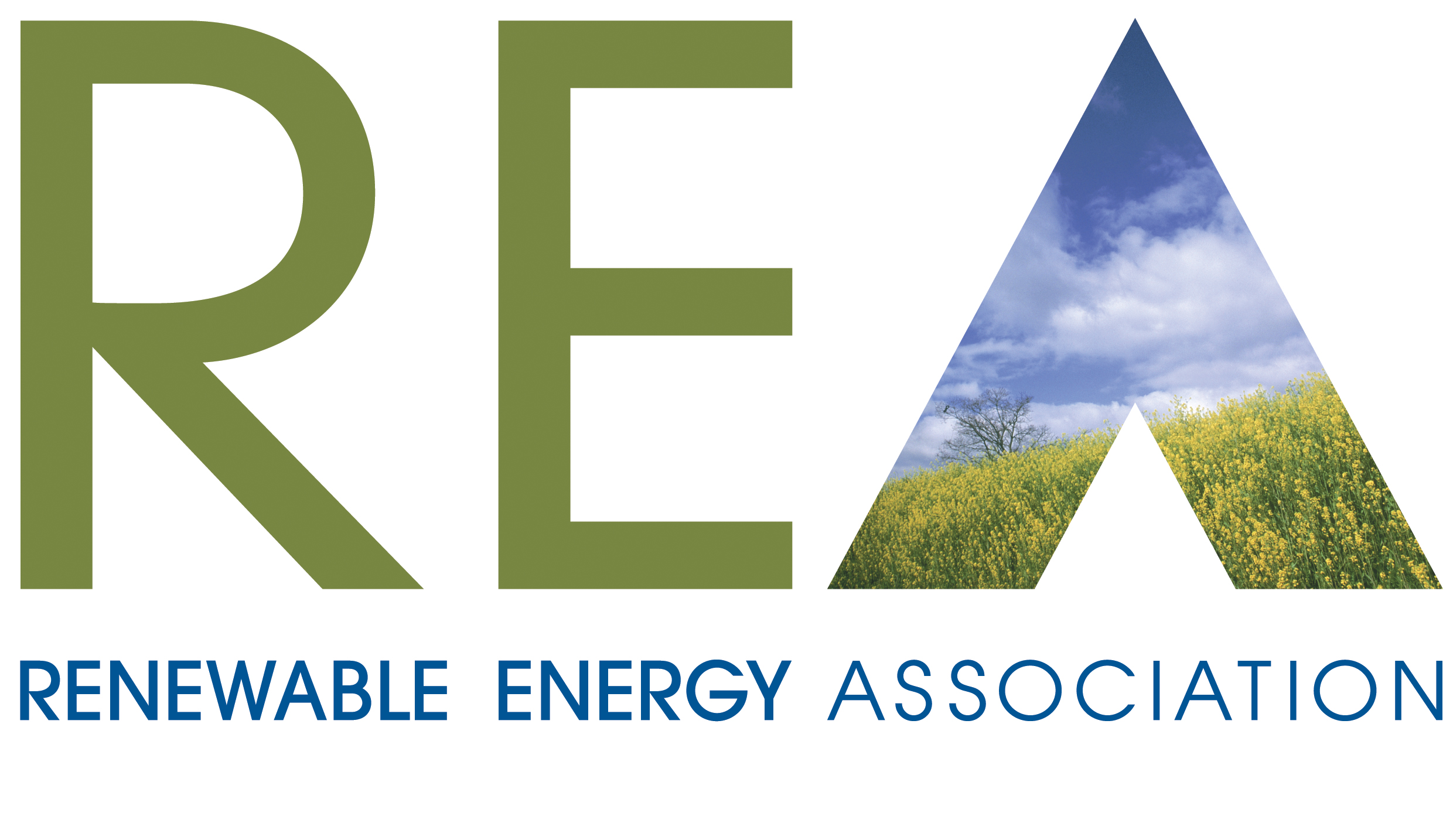



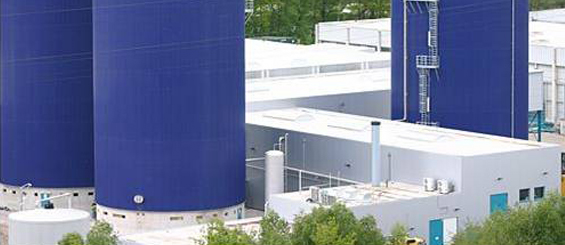
.jpg)
